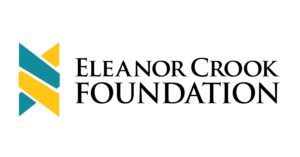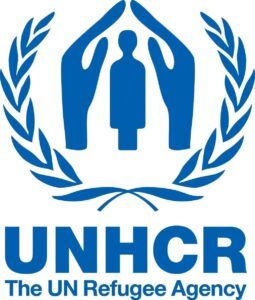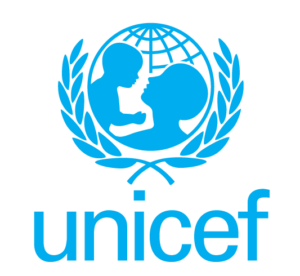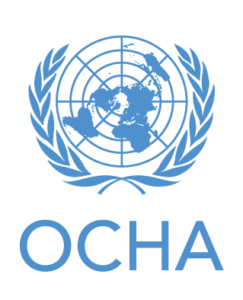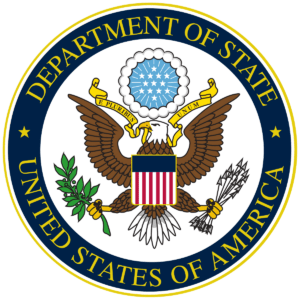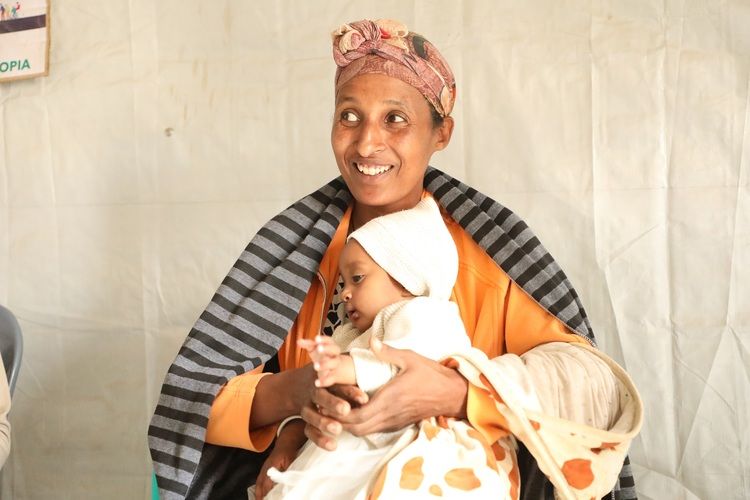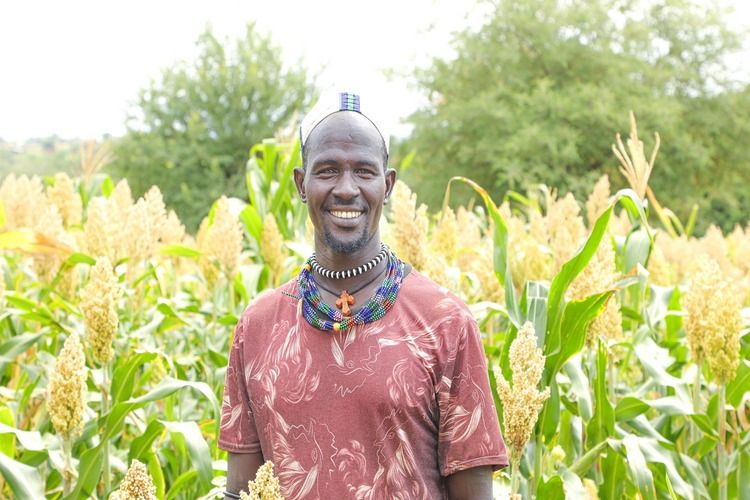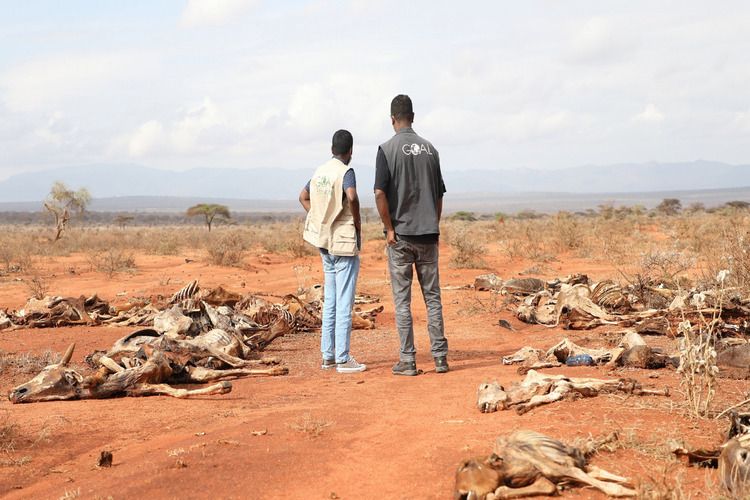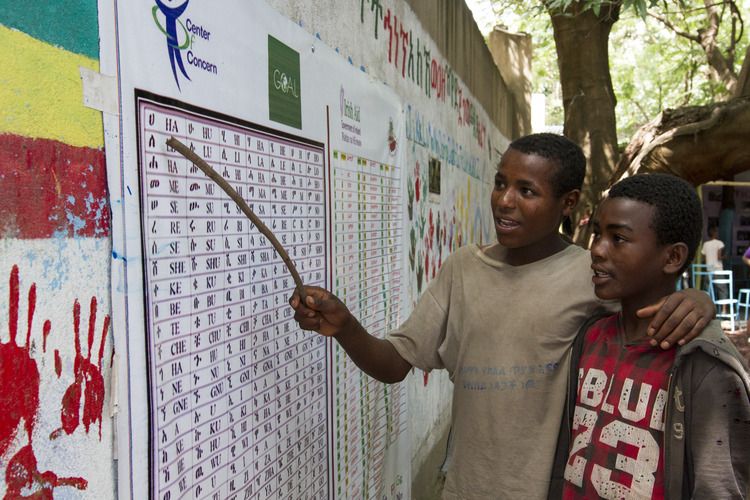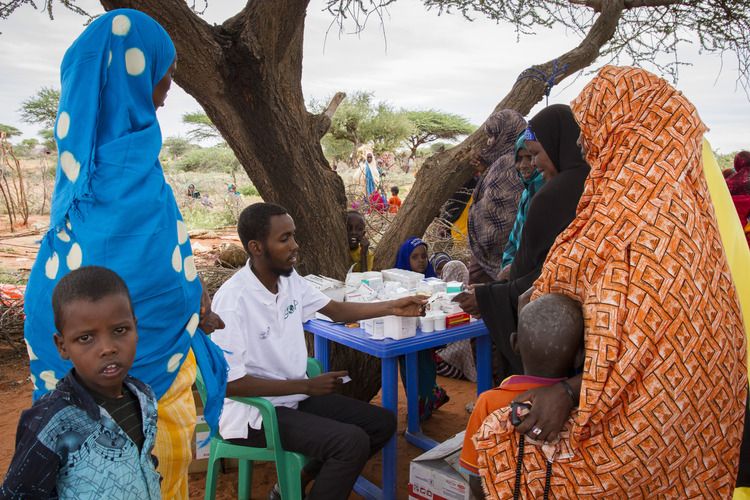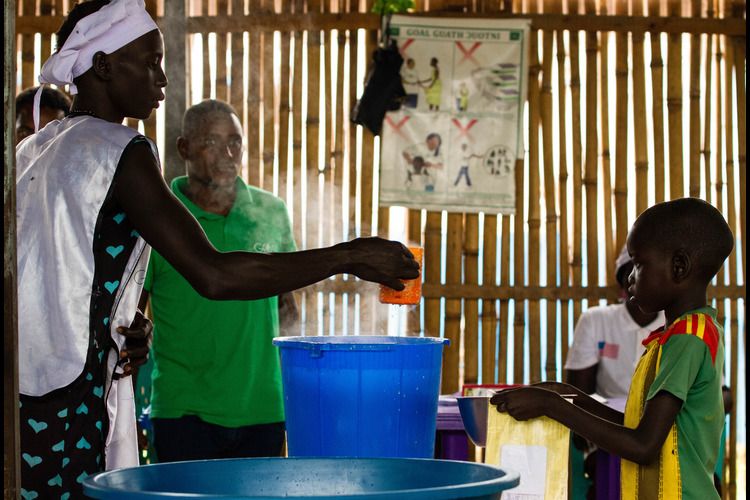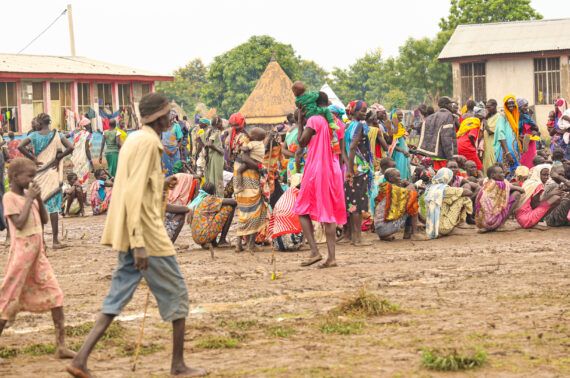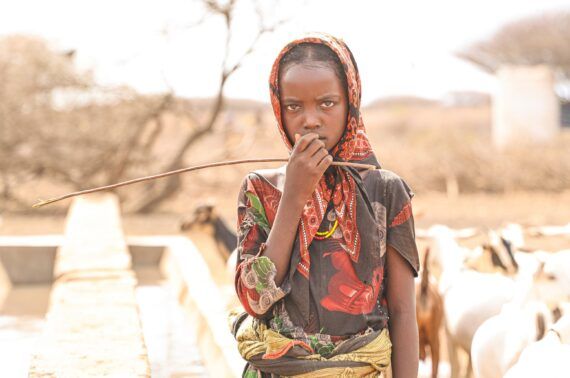GOAL has been operational in Ethiopia since the early 1980s. Currently, GOAL is working across 60 districts in 8 regions and two city administrations: Afar, Amhara, Benishangul Gumuz, Gambella, Oromia, Somali, South Ethiopia, Tigray, Addis Ababa, and Hawassa. In 2023/24, our operations were supported by an annual budget of €30 million, enabling significant investments in the capacity of over 700 Ethiopian staff, with women making up more than 40% of our workforce.
Our programs address critical sectors, including Nutrition, Health, WASH (Water, Sanitation, and Hygiene), Livelihoods and Food Security, Safeguarding, Gender and Social Inclusion, Protection, and Emergency Shelter and Non-Food Items (NFIs). We prioritize the most vulnerable communities, particularly those impacted by drought, conflict, displacement, disease outbreaks, flooding, and earthquakes.
Key Achievements:
- In 2024, GOAL reached over 500,000 people with Water, Sanitation & Hygiene (WASH) programming.
- Over 580,000 people were reached with GOAL's curative nutrition interventions last year.
- GOAL provided healthcare services to 1.5 million people in 2024.
- In the past year, GOAL protection and inclusion programming reached nearly 65,000 people, mainly children and youths.
Our work in numbers
1983
GOAL Ethiopia begins
€28.6M
Programme expenditure in 2024
660+
Staff across 60 districts
3.2M
People reached in 2024
Photo Gallery
Stories from Ethiopia
Our work in Ethiopia is supported by:
